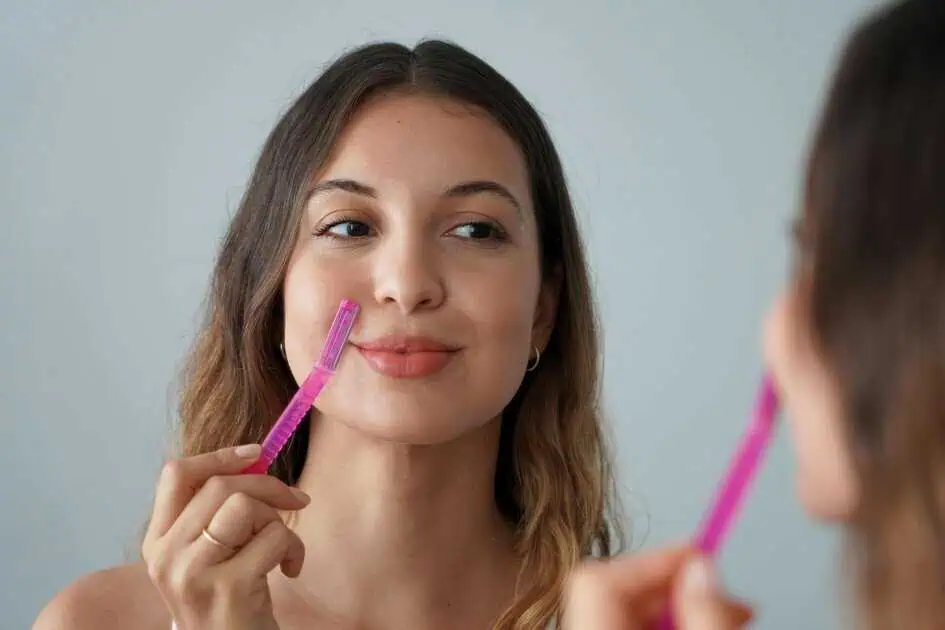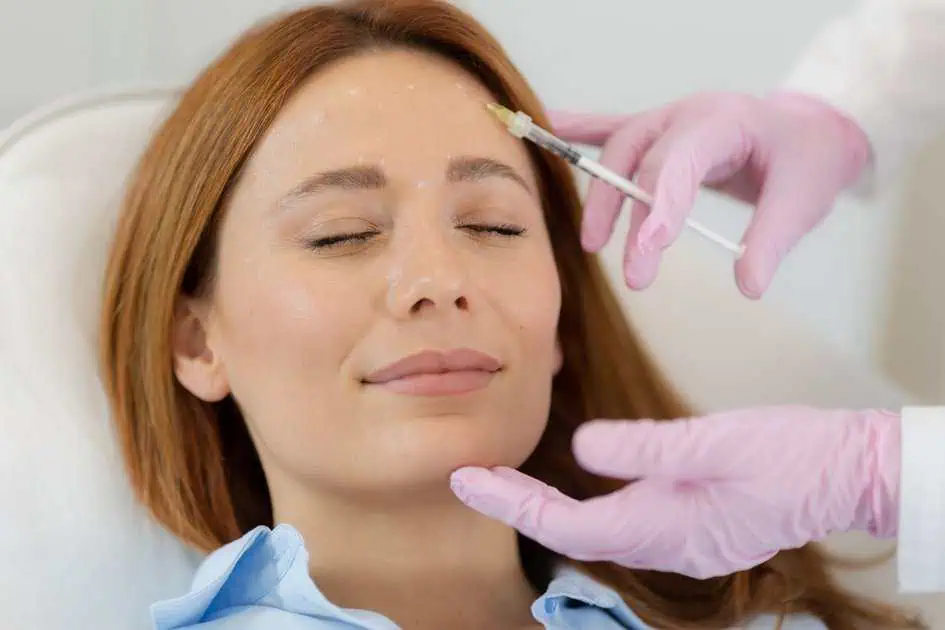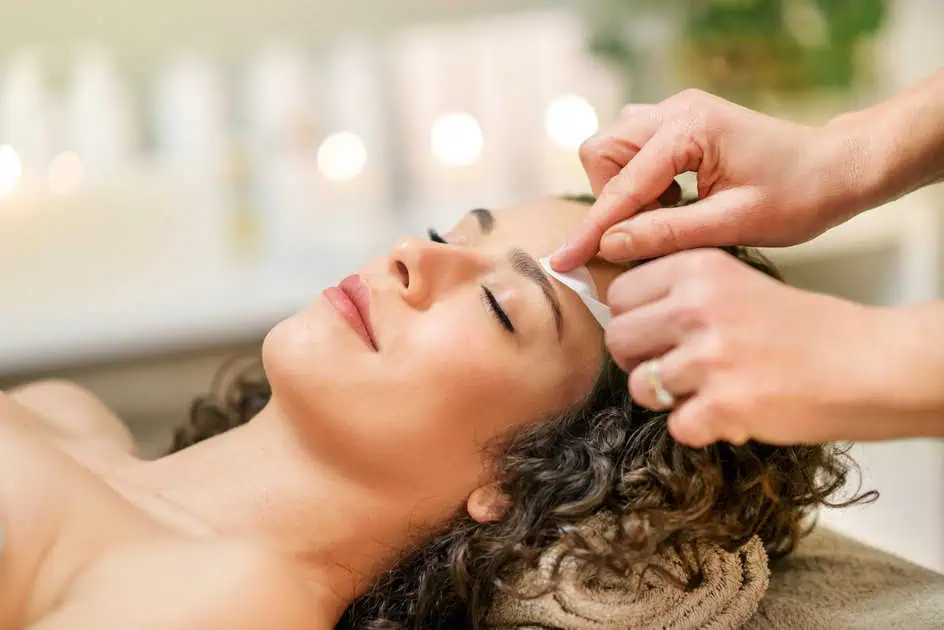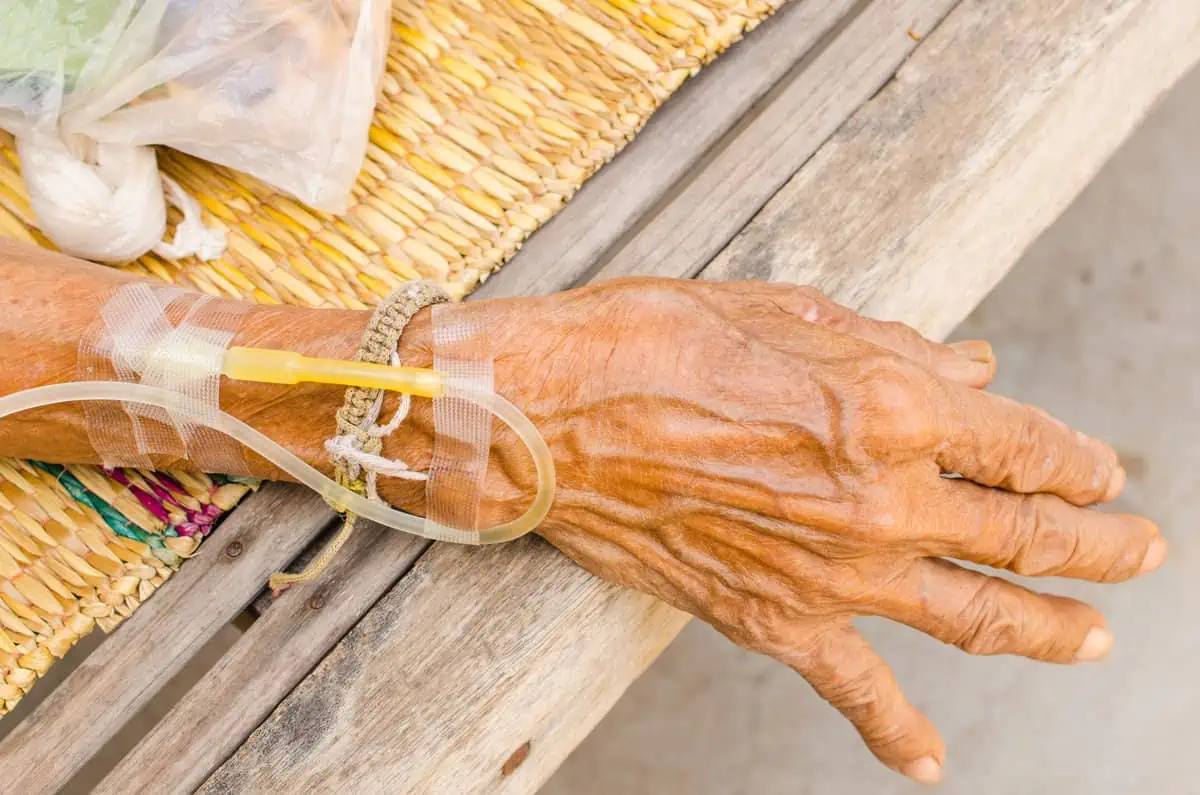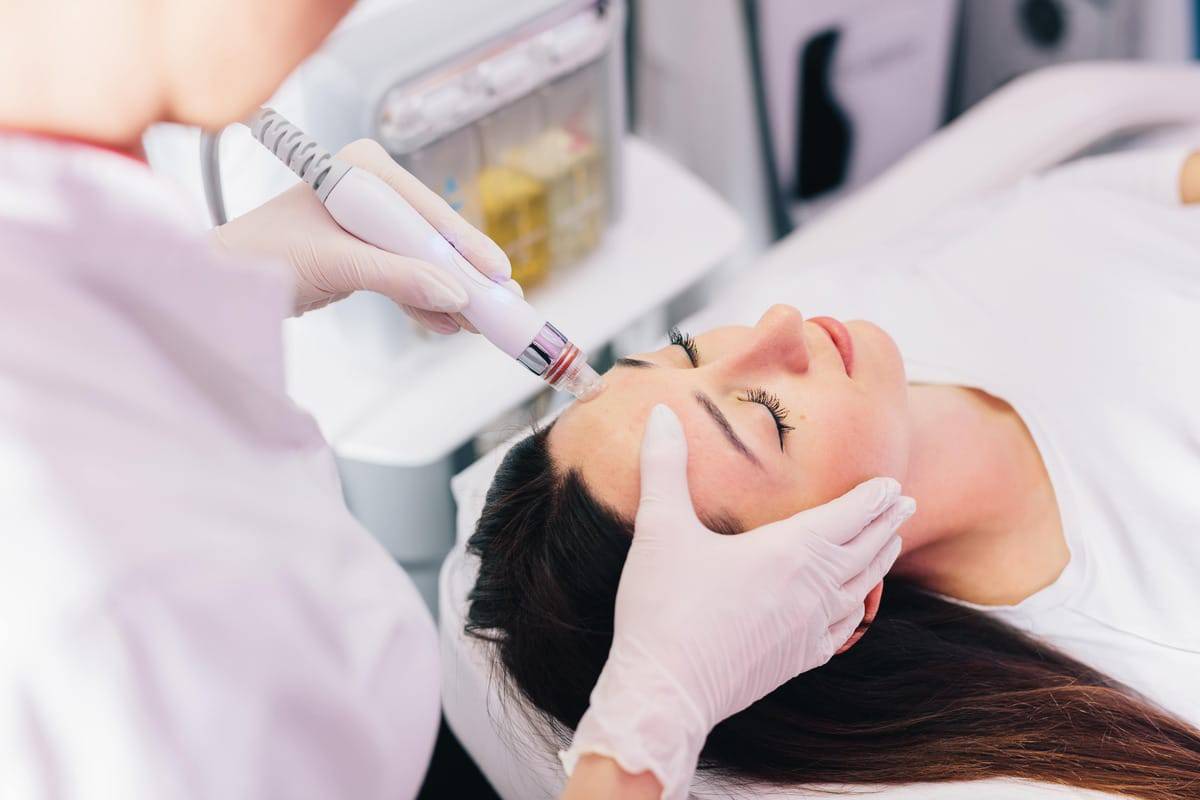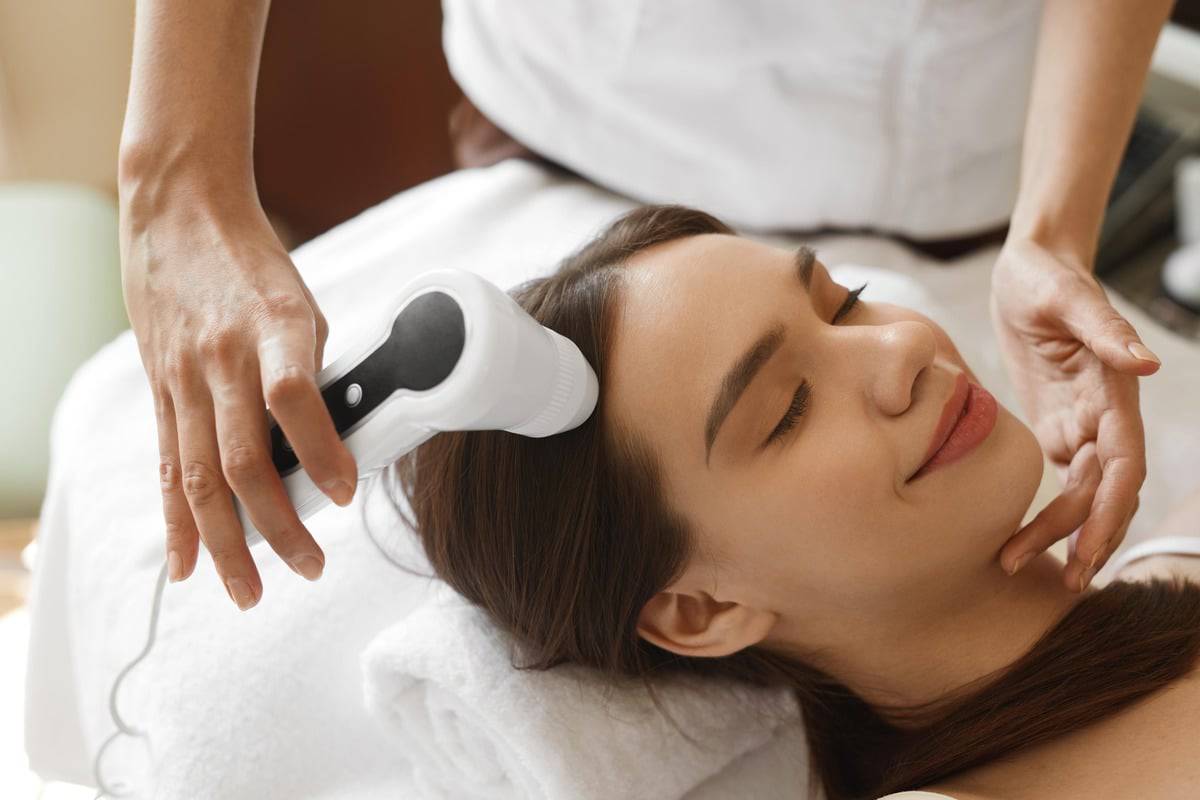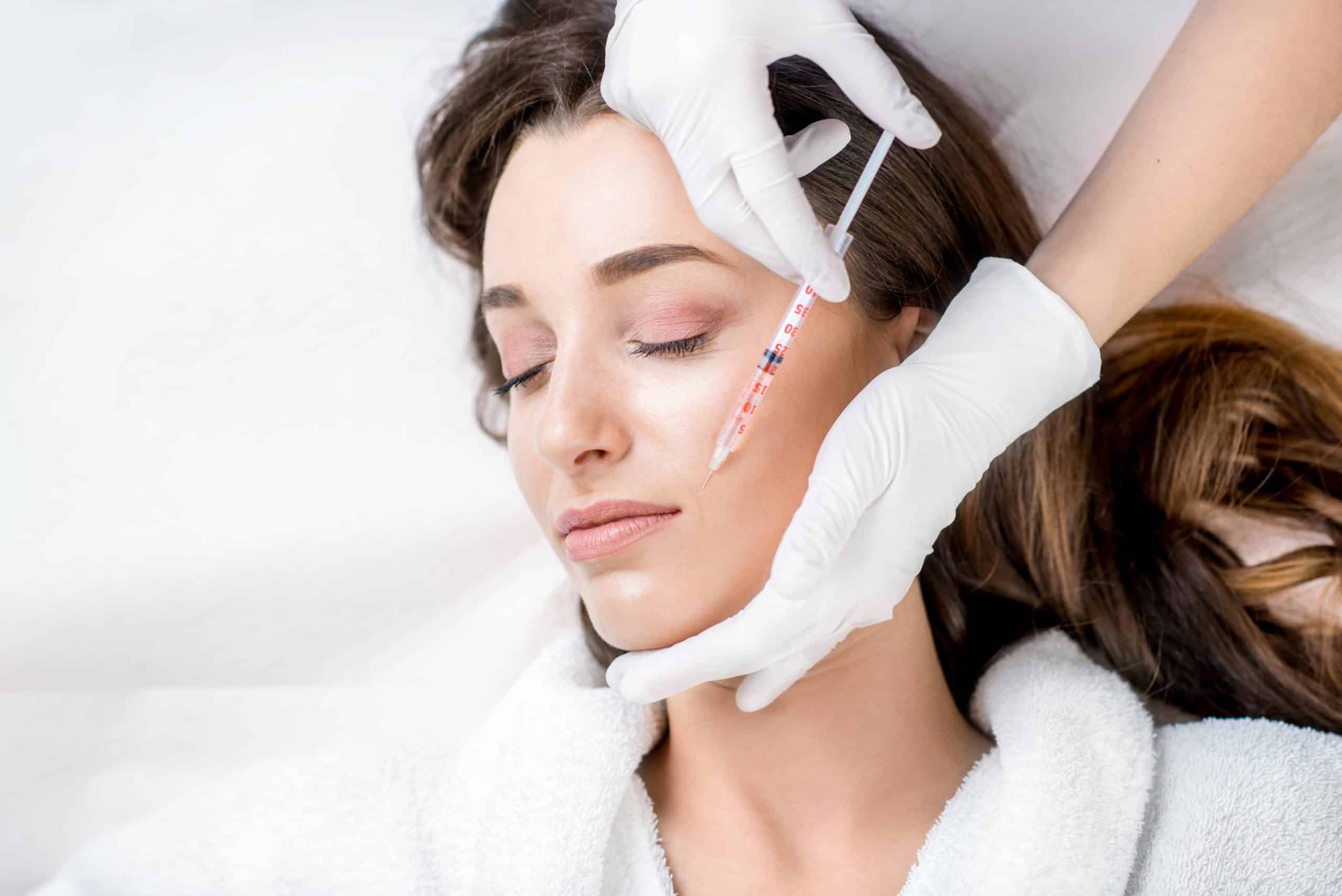As menopause has become a natural biological process for many women, Hormone replacement therapy (HRT) can help ease the discomfort they experience by replacing the lost estrogen once the ovaries stop producing it. It has been known that hormones are chemicals that the body makes naturally. As hormones move through the bloodstream, they help control the activity of certain cells or organs.
In addition, some men with unnaturally low testosterone levels can benefit from hormone therapy. In fact, a bioidentical hormone replacement therapy process called BioTE treatment helps assist men and women with age-related problems caused by hormone imbalances. This hormone replacement therapy involves subcutaneous pellet insertions in the body to help utilize the hormones the body requires.
What Are Symptoms Of Hormonal Imbalance?
For women, they might experience the signs and symptoms below in the months or years leading up to menopause (perimenopause):
- Irregular periods
- Vaginal dryness
- Hot flashes
- Chills
- Night sweats
- Sleep problems
- Mood changes
- Weight gain and slowed metabolism
- Thinning hair and dry skin
- Loss of breast fullness
For men:
- Anxiety
- Brain fog
- Infertility
- Lower sex drive
- Erectile dysfunction,
- Increased urination
- Depression
- Reduced self-confidence
- Insomnia
- Weight gain
- bone density and muscle mass declined
- Fatigue
How Does Hormone Therapy Work?
Hormone therapy works by traveling throughout the body to find and target hormones. Nonetheless, these different types of hormone therapy work in different ways, which can block the hormone from attaching to cancer cells, stop the body from making the hormone and alter the hormone so it doesn’t work as it should.
Also, hormone therapy can lessen symptoms related to a certain type of cancer and treat a certain kind of cancer by slowing or stopping its growth.
What Does Hormone Therapy Do To The Body?
Hormone replacement therapy can help women:
- Rejuvenate and invigorate every cell of their body
- Helped burn fat and build lean muscle
- Improve the immune response
- Fight fatigue and give more energy
- Keep moods more stable
- Return to more normal sleep patterns
- Improve sexual performance
- Reduce the risk of developing osteoporosis and reduced risk of breaking a bone
- Decreased tooth loss
- Lowered risk of colon cancer
- Lowered risk of diabetes
- Modest improvement in joint pains
For men:
- Male sexual development
- Reproductive function
- Building muscle bulk
- Maintaining healthy levels of red blood cells
- Maintaining bone density
- Increase facial and body hair production
- Boost overall energy levels
- Help reduce fatigue
How Is Hormone Therapy Given?
Several options are considered before deciding to go ahead with the treatment, which includes:
- Testosterone Pellets provide up to 6 months of sustained optimal testosterone levels.
- Bio-identical hormone replacement therapy (BHRT) via subcutaneous pellets.
- A hormone injection of Testosterone is administered every two to three weeks.
- Hormone pellet therapy treats other diseases such as diabetes, heart diseases, and osteoporosis.
- Testosterone patches and gel are applied to the shoulders, arms, buttocks, or abdomen each day.
In addition, hormone therapy is a “systemic” therapy that travels throughout the body. Surgery and radiation therapy are “local” treatments.
Who Are Good Candidates For Hormone Therapy?
Below are good candidates for HRT, starting with the lowest dose appropriate for each individual:
- Those who have not been menopausal for more than 10 years
- Those who are younger than 60 years old
- People who have symptoms severe enough to have an impact on their life, such as painful sex from a dry vagina, sweating during hot flashes, or poor sleep due to nighttime hot flashes
- Those who have no history of heart disease
- Those who have no history of blood clots (including deep vein thrombosis and pulmonary embolism)
- Those who have no history of breast cancer
Women who have a risk of heart disease or blood clots may have another option, though. They may be candidates for a patch rather than the traditional oral HRT in pill form, and neither pills nor patches may be necessary for women experiencing vaginal symptoms or those related to urination. Many women do well with vaginal estrogen in the form of creams, suppositories, and rings.
What Risks and Possible Side Effects Can Hormone Therapy Give?
The therapy didn’t come without side effects, but HRT is generally safe. Typically, the side effects are often worse at the start of treatment and may usually settle down after a few weeks or months.
However, the side effects might depend on the type of hormone therapy that a patient is taking. In general, some side effects are common to all hormone therapies and vary from drug to drug.
For women:
- Tiredness
- Digestive system problems
- Menopausal symptoms
- Hair Thinning
- Muscle and bone changes
- Weight gain
- Headaches
- Memory problems
- Mood swings and depression
- Blood clots
For men:
- Tiredness
- Problems getting an erection (impotence)
- Hot flushes and sweating
- Breast tenderness (gynecomastia)
- Pain from tumor flare
- Weight gain
- Memory problems
- Mood swings and depression
- Bone changes
- Risk of heart problems
How Long Does HRT Last?
If it is bioidentical hormone pellets, expect to see the results last for approximately four months. After this time, a person may start to notice the symptoms of hormonal imbalance once more.
To maintain the ideal hormone levels, three treatment sessions are needed annually.
However, the ideal therapy session frequency is identified during the initial consultation.
How Long Should You Take Hormone Therapy (HT)?
In general, there is no time limit to how long a person can take hormone therapy. However, one should take the lowest dose of hormone therapy that works for that person and continue routine monitoring with the healthcare provider to re-evaluate the treatment plan each year.
The Bottom Line
There are millions of individuals who are impacted by hormone imbalance every day. No matter what stage of life you are in, deciding whether and when to start HRT is a serious decision—and it’s not one you have to make alone. Remedy Aesthetics and Wellness is a certified BioTE® Provider and is proud to offer BioTE Medical’s method of hormone therapy that help men and women experiencing hormone imbalance.
With more than 1.7 million insertions performed, Remedy specializes in addressing age-related issues and other early indicators of aging through precision, personalized patient care plans that optimize hormones and extend patient healthspan and quality of life.



